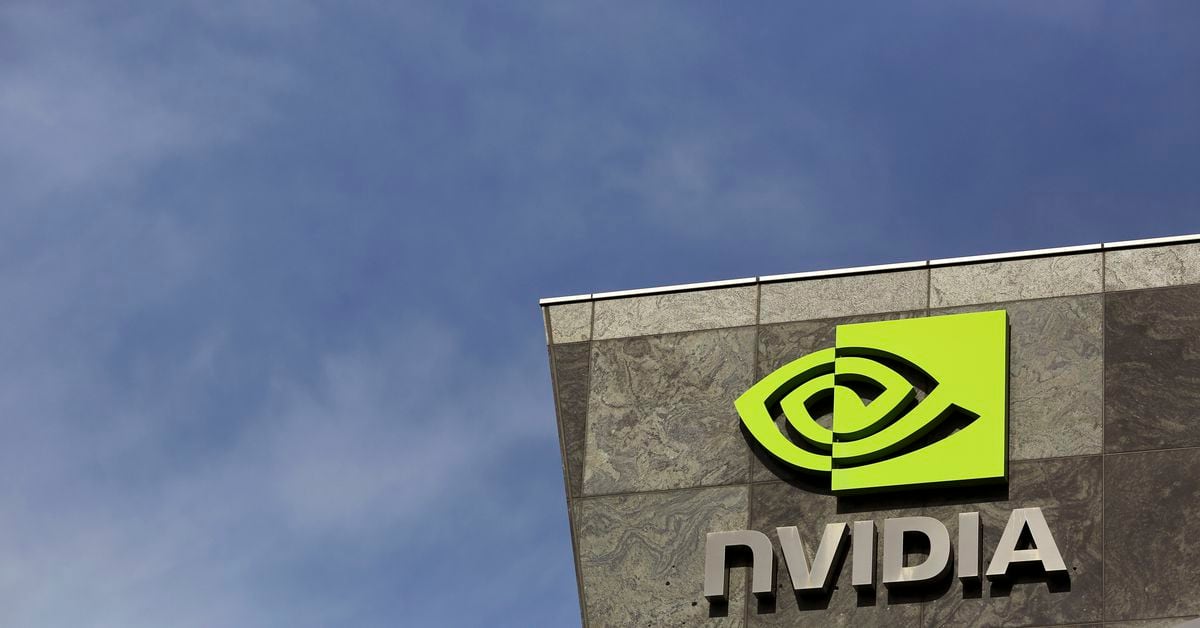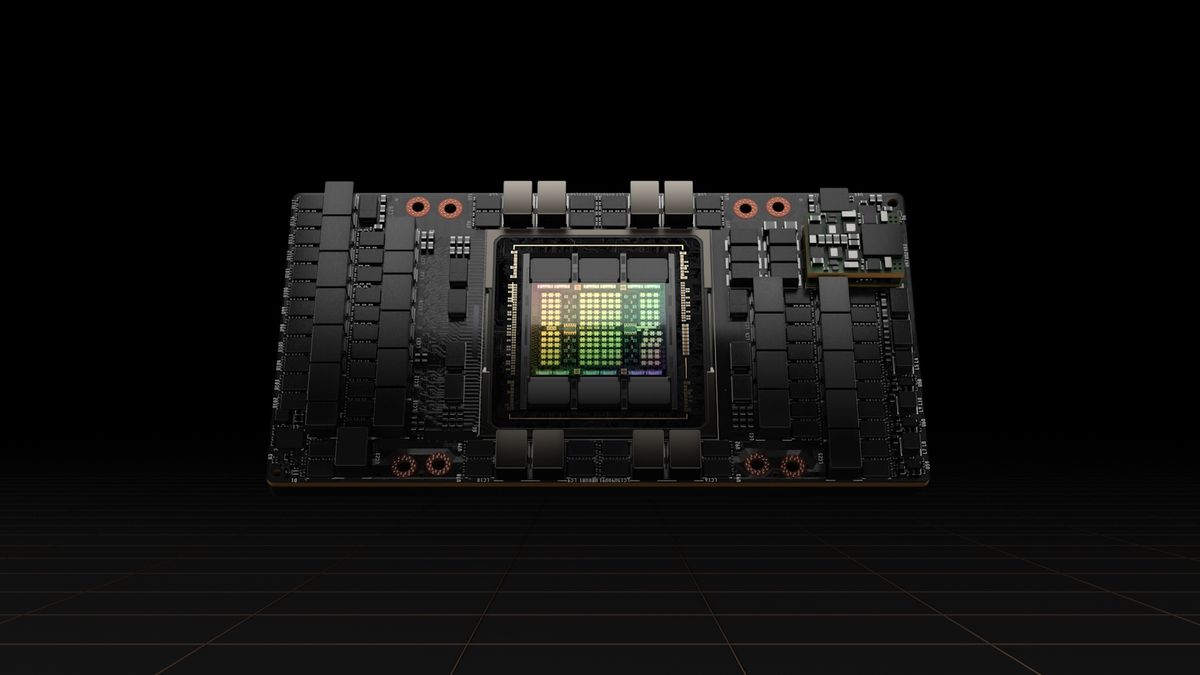If the had done that, then we would not have a sudden resurgence of perf/watt being important.A few months ago they had reduced TSMC purchase commitments by $4.1 billion:
Not good timing at all then! They should have kept the gaming cards on samsung. They could have had their cake and ate it!
Because while AMD were on TSMC 7nm and RDNA2 had the perf/watt crown there as barely any noise about perf/watt.
You'd almost think some major corporation's PR department was driving the perf/watt narrative - when it suits them.
Which judging from the amount of users who are convinced that fake frames DLSS 3.0 is for them - despite contemplating buying low-mid range cards which would be lucky to get 60FPS at the best of time while DLSS 3.0 fake frames only makes (very little) sense when you are already at 100Hz and don't mind the latency penalty.




